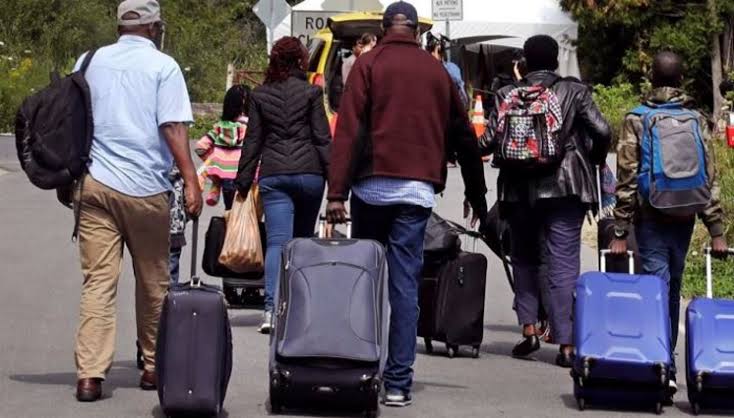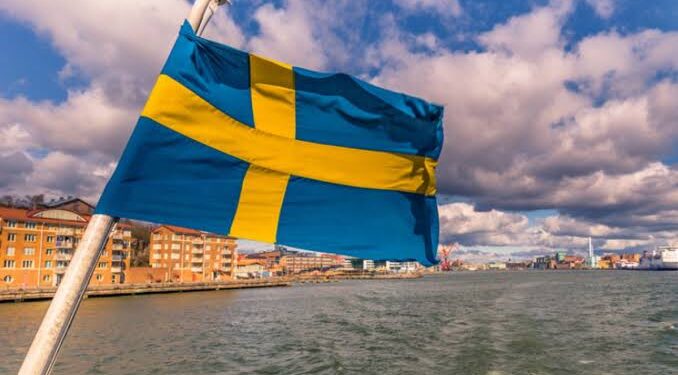The Swedish government said on Thursday that it will significantly raise payments to immigrants who decide to leave the nation. From 2026 onwards, immigrants could earn up to 350,000 Swedish kronor ($34,000) in compensation for their voluntary repatriation to their native countries.
The $34,000 is equivalent to N55,930,000 based on the current exchange rate of N1,645/$. The goal of the action is to persuade more migrants to choose.
These were announced in a statement by the right-wing government, which is supported by the Sweden Democrats, who oppose immigration. Johan Forssell, the minister of migration, told reporters, “We are in the midst of a paradigm shift in our migration policy.

“ At the moment, immigrants are eligible to receive a maximum of 10,000 kronor for each adult and 5,000 kronor for each kid, up to 40,000 kronor for each family.
“The grant has existed since 1984, however it is relatively unknown.
“It’s small, and few people use it,” Sweden Democrats’ Ludvig Aspling told reporters.
Aspling went on to say that if more individuals were aware of the gift and its size was increased, more would likely accept it.
The declaration was made in spite of a government-commissioned investigation that concluded last month that there was no reason to significantly increase the grant amount because the anticipated benefits did not outweigh the possible expenses.
Conservative Prime Minister Ulf Kristersson promised to curb immigration and crime once he came to office in 2022 with a minority coalition government propped up by the Sweden Democrats.
In the general election, the Sweden Democrats secured 20.5 percent of the vote, making them the country’s second-largest party. Sweden has taken in a huge number of migrants throughout the 1990s, especially from conflict-ridden countries such as the former Yugoslavia, Syria, Afghanistan, Somalia, Iran and Iraq.
However, the Nordic nation has had long-standing difficulties integrating newcomers.
In Essence
Sweden’s plan to offer substantial financial incentives for immigrants to voluntarily repatriate reflects a significant shift in its migration policy, driven by growing political pressure to reduce immigration.
By increasing the compensation to as much as $34,000 per individual, the Swedish government is attempting to encourage more immigrants to return to their home countries, a move supported by the right-wing Sweden Democrats, who have long campaigned against high levels of immigration.
This policy comes amidst broader concerns about the challenges Sweden has faced in integrating immigrants, particularly from conflict-ridden countries such as Syria, Afghanistan, Somalia, and Iraq.
Over the years, Sweden has been one of the most welcoming nations in Europe, but the strain on social services and rising tensions over crime and social cohesion have prompted a reevaluation of its immigration policies.














